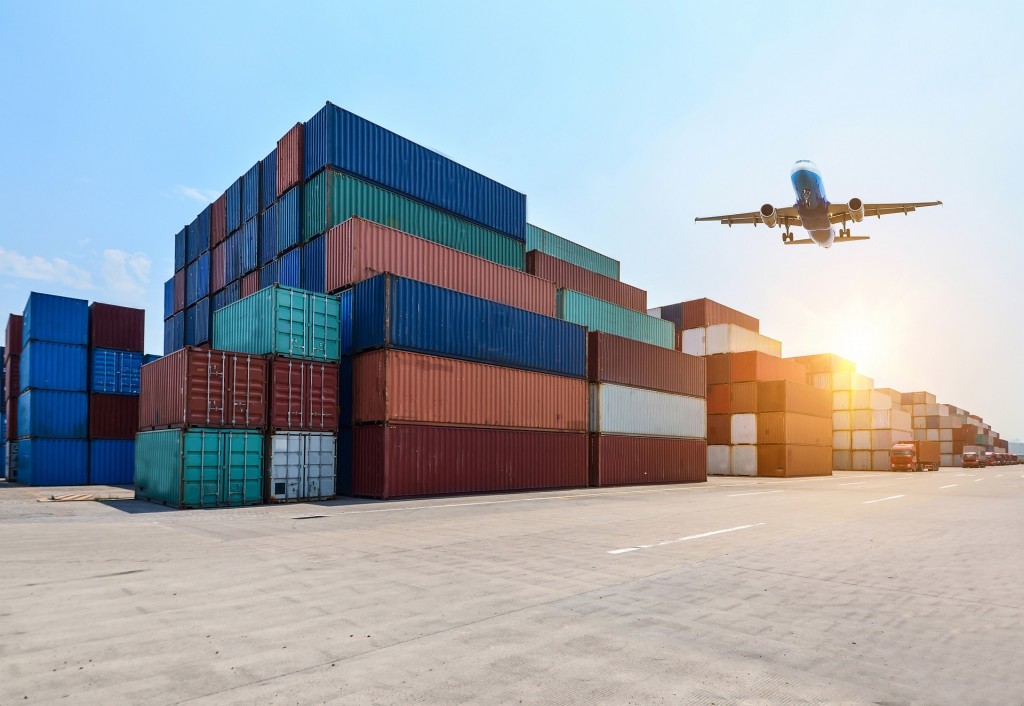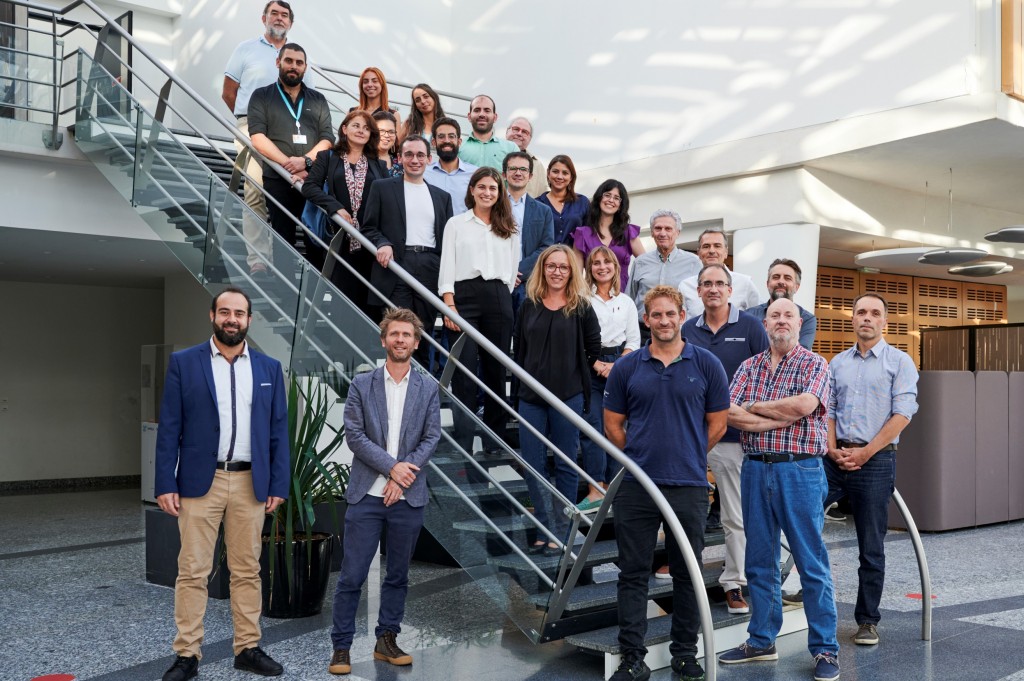02/02/2024
The URV is part of a European initiative to produce microalgae-based fuel for air and sea transport
The COCPIT project covers all the stages in the production process in a circular and innovative value chain and will help to achieve the European Union’s decarbonisation goals.

The COCPIT project covers all the stages in the production process in a circular and innovative value chain and will help to achieve the European Union’s decarbonisation goals.
Transport represents 25% of all the greenhouse gas emissions in the European Union, and the air and sea sectors are the most difficult to decarbonise because of their high energy requirements and strong dependence on fossil fuel. In this context, the European project COCPIT, in which researchers from the Department of Chemical Engineering of the Universitat Rovira i Virgili are taking part, attempts to rise to the challenge of reducing the carbon footprint of transport. The project will help to fulfil the environmental goals by contributing to the large-scale development of microalgae-based fuel, from the manufacturing phase all the way through to commercialisation, just one part of a circular, innovative and complete value chain.
The main feature of the COCPIT project is that innovation is a fundamental part of all the stages of the production process. For example, the microalgae will be grown in a thin-film reactor to intensify the photosynthetic activity, and the reactor will be covered with a semi-transparent photovoltaic panel to generate electric energy simultaneously. In the stage in which the microalgae biomass is transformed into biofuel, ionic liquids will be used to extract lipids and protein and make the process more affordable, efficient and eco-friendly. In fact, it is the research team of the URV’s PISTE group (Process Intensification, Simulation and Environmental Technology), consisting of Esther Torrens, Denisse Rivas, Jacky Cheikhwafa, Alba Zurita and Christophe Bengoa, that is responsible for scaling this part of the process. The project will also use approaches and techniques to refine the resulting biocrude and reduce its nitrogen content so that it complies with international sustainability standards.

Circularity is key to this project, which is the reason why the various flows of energy and by-products are integrated into the value chain. In this regard, the hydrogen generated will be used to refine the fuel, the photovoltaic panels will supply energy to the mechanism that produces the microalgae, and the waste of the process will be transformed into energy for the area surrounding the production site to stimulate industrial symbiosis.
However, the COCPIT project (Scalable solutions optimisation and decision tool creation for low impact SAF production chain from a lipid-rich microalgae strain), funded by the European Union and in which eleven industrial and research institutions are taking part from six European countries, goes one step further and includes the commercial stage, for which a decision-making tool has been developed based on economic, social and environmental indicators. This tool can be used to analyse various prospective scenarios, compare technologies and identify more sustainable means of transformation. COCPIT will also work on centralising the innovations in sustainable transport fuels, and creating an overall market in which the decision-making tool and various technological solutions will be at the service of investors, helping them to find the best solution for their projects involving microalgae-based fuels.
